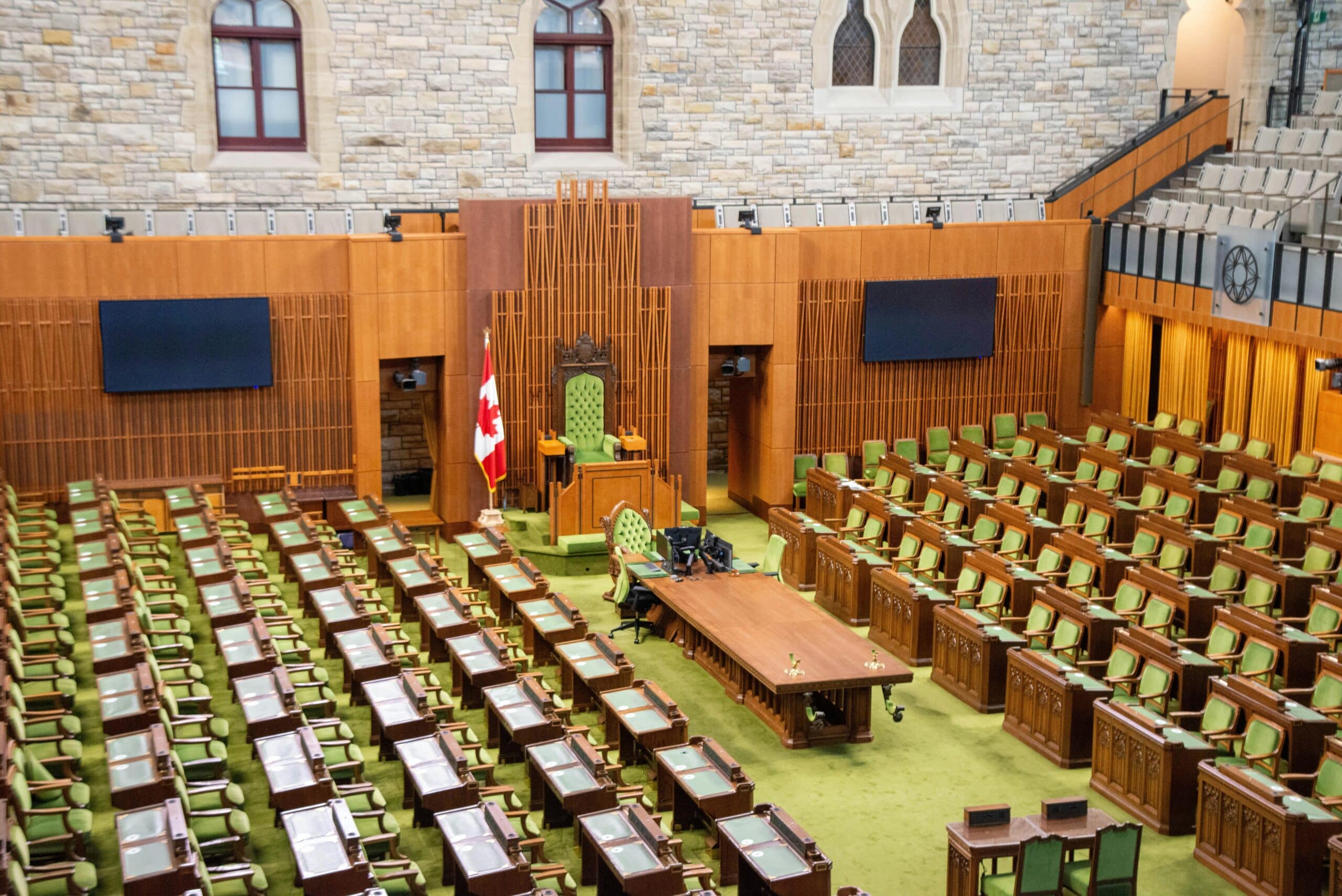Mid and short-term rental operators and investors are facing mixed messages from the federal government and Bank of Canada as they continue to navigate a quickly evolving market.
While the 2024 budget introduced an increase to the capital gains inclusion rate, and last year’s fall economic statement included measures to penalize non-compliant short-term rentals, the budget also introduced several initiatives aimed at improving mortgage borrowing capacity, building secondary suites and offering significant tax advantages.
Investors looking to get into the short or mid-term rental market are also affected by the Bank of Canada’s recent interest rate decrease – the first in four years, though many feel the 25 point decrease isn’t enough to encourage those on the sidelines to expand their rental investment portfolios.
We look at how new tax implications will affect both individuals and corporations renting out their properties through Airbnb, VRBO, and similar sites.
Renting out properties as an individual vs. a corporation – What’s the difference?
While mid and short-term rentals provide significant revenue opportunities, choosing the right tax structure for this type of business is a key. For those with one property, opting for a sole proprietorship may make the most sense, as there’s less paperwork and cost involved, though the tax rate may be higher at the end.
For those with multiple properties, incorporating would be tax beneficial, as it would allow you to qualify for a variety of tax benefits leading to a lower tax rate when rental income is recognized by a corporation and considered as an active income. Corporations are also protected in the case of a lawsuit. For more on which structure works for you, reach out to our team of experienced accounts.
Non-compliant rentals: How recent tax changes could affect your tax deductions
Last year’s Fall Economic Statement included a measure that increased the tax burden for non-compliant short-term rental hosts by not allowing them to deduct any expenses on their taxes during the year of non-compliance.
To be affected by this measure, your rental property must be:
- In a municipality or province that doesn’t allow short-term rental operations;
- Considered a short-term rental. The criteria changes by province and is based on how many consecutive days a property is offered for rent. In Ontario, that period is 28 days;
- Found to be non-compliant with municipal and provincial licensing, registration, and permit requirements.
Those affected have until Dec. 31 of this year to be deemed compliant, at which point you would be able to deduct all eligible expenses for 2024.
How will this affect your property?
Let’s say you own an investment property in Toronto that you rent out on a short-term basis through Airbnb. Your property was not compliant with local registration, licensing and permit requirements by December 31, 2024. You earned $25,000 from this property, but incurred $15,000 in expenses due to renovations, leaving you with $10,000 in net income.
Under the proposed legislation, instead of only needing to pay income tax on the net amount, you would have to pay income taxes on the full amount earned ($25,000), greatly increasing your tax burden.
Mid-term rentals, which typically last several consecutive months at a time, may not be subject to this proposal.
How the Capital Gain inclusion rate increase could affect your plan to sell
Those thinking of selling their rental investment properties will be facing a higher tax burden after the Federal government’s recent proposal to increase the capital gains inclusion rate from 50% to 66.7% effective June 25, 2024.
If you’re considering selling your short or mid-term rental properties, this proposal could increase your income tax rate by several percentage points.
How are individuals and corporations affected?
Individuals selling investment properties will only be taxed at the new inclusion rate on capital gains over $250,000. This means the first $250,000 would still have a 50% inclusion rate, while anything over that amount would be taxed at 66.7%.
Corporations and trusts aren’t given the same benefits, and will be taxed at the new, higher rate regardless of the capital gain amount.
Before making any decisions, it’s essential to reach out to a trusted financial team to avoid facing any unexpected tax burdens. Zeifmans, for example, has experience navigating a variety of ever-changing tax considerations.
Budget 2024 proposed the Canada Mortgage and Housing Corporation to launch a new Canada Secondary Suite Loan Program, enabling home owners to access up to $40,000 in low-interest loans to add secondary suites to their homes.
Working with a trusted partner
As interest rates began dropping and within a new federal budget, it is time to avoid a rising tax burden that can be complicated for those in the short and mid-term rental market.
Zeifmans has a long history of guiding clients through complex tax laws and proposals, ensuring all investments are structured effectively.
Reach out to our trusted tax experts for personalized support.



